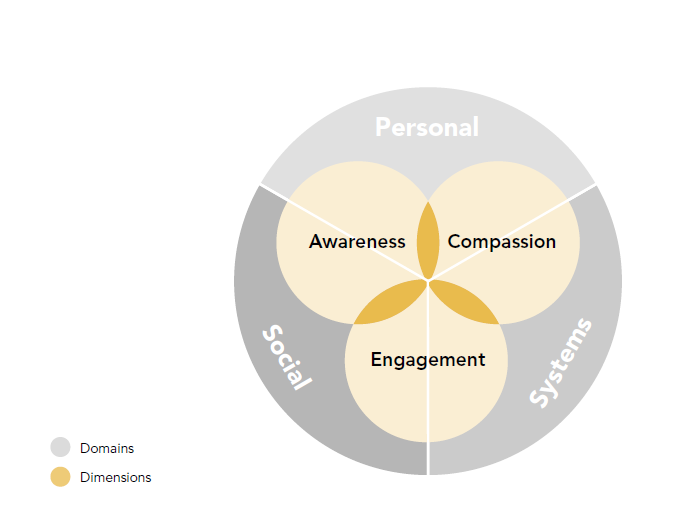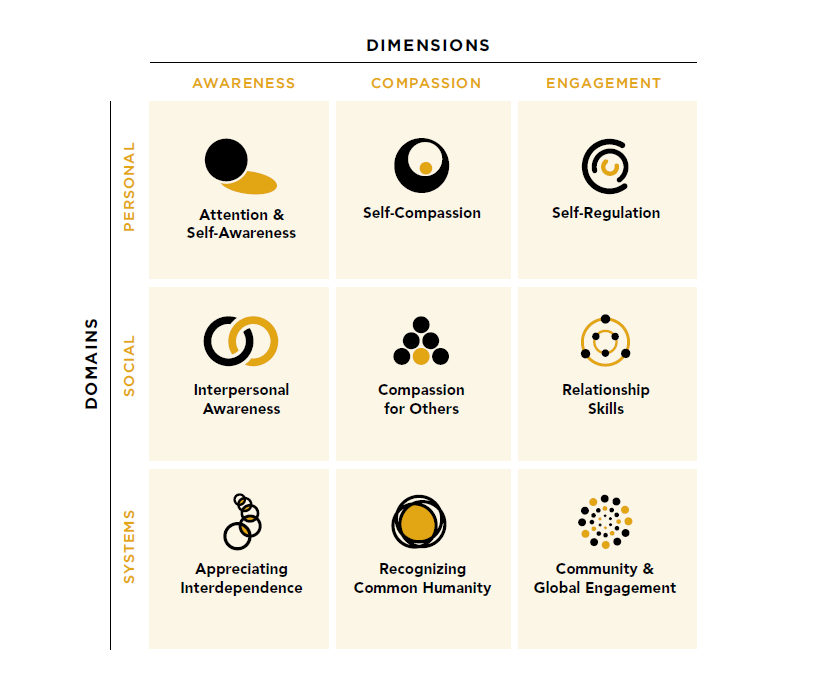SEE Learning: The Heart of Holistic Education at Cambrian Hall

Imagine a student acing every exam but struggling to handle stress, build friendships, or make ethical decisions. Would you call that true success? At Cambrian Hall, we believe education is more than just grades—it’s about shaping resilient, kind, and self-aware individuals who thrive in all aspects of life.
The Secret Sauce Behind Confident & Compassionate Students? SEE Learning!
At Cambrian Hall, we don’t just teach subjects—we teach life. Through Social, Emotional, and Ethical (SEE) Learning, students develop the emotional intelligence, ethical reasoning, and social skills they need to navigate life’s challenges.
And guess what? Science backs us up! Studies show that students who undergo social-emotional learning programs demonstrate:
✅ 11% improvement in academic performance
✅ Better emotional regulation and resilience
✅ Stronger friendships and teamwork skills
✅ A higher likelihood of long-term success
This is why we proudly introduce SEE Learning in partnership with Emory University and the Dalai Lama Foundation, ensuring our students receive world-class emotional intelligence training.
🧭 The SEE Learning Compass: 3 Dimensions, 3 Domains

These three core dimensions of SEE Learning form the foundation of everything we do. Imagine them as the Head, Heart, and Hands of education:
- Awareness – Training the mind to observe thoughts, emotions, and the world with clarity.
- Compassion – Connecting with others through empathy and kindness, while cultivating inner strength.
- Engagement – Putting knowledge and compassion into action—skillfully, ethically, and courageously.

- Personal Domain – Helping students understand and manage themselves: their emotions, impulses, and decisions.
- Social Domain – Teaching them how to build respectful, empathetic, and meaningful relationships.
- Systems Domain – Enabling students to think big—to understand how societies, systems, and the world operate, and how they can become responsible global citizens.
----------------------
This 3x3 framework—three dimensions across three domains—creates a complete, transformative learning experience. It starts with self-awareness and emotional literacy, extends into social intelligence, and grows into ethical global action.
At Cambrian Hall, SEE Learning isn’t about boring lectures—it’s interactive, engaging, and deeply personal.
🔹 Role-Playing & Real-Life Scenarios – Ever had a student step into the shoes of a peacemaker in a conflict resolution challenge? Our students learn by doing.
🔹 The "Marshmallow Test" – Can you resist eating a marshmallow for a bigger reward later? This classic self-control experiment helps students develop patience and impulse control.
🔹 Laughter Yoga & Mindfulness Exercises – Because emotional well-being isn’t just serious—it’s fun! Students learn how to manage stress and stay present.
🔹 "What Would You Do?" Dilemmas – Given a tough ethical choice, how would you respond? Our students sharpen their decision-making skills through interactive discussions.
🔹 "Tell Me Without Telling Me" Challenge – Can you express frustration without using words? Our non-verbal communication exercises help students better understand emotions and empathy.
🧠 Self-Awareness & Emotional Intelligence
"Why did I react that way?" Understanding emotions is the first step to mastering them. Through guided self-reflection, students build confidence, emotional intelligence, and resilience.
🎯 Self-Regulation & Growth Mindset
Life doesn’t come with an "undo" button, but it does come with the ability to pause and think. Students learn how to manage stress, handle challenges, and stay motivated—even when things don’t go their way.
🤝 Relationship-Building & Empathy
From group projects to playground friendships, strong social skills are essential. SEE Learning teaches students how to communicate effectively, resolve conflicts, and build meaningful connections.
⚖️ Ethical Decision-Making & Global Citizenship
"Is this the right thing to do?" Through SEE Learning, students develop a moral compass, empowering them to make responsible, thoughtful decisions in school and beyond.
Come be a part of an education that truly matters.
Because in the real world, success isn’t just about what you know—it’s about who you are.
The future needs more than just smart minds; it needs kind hearts.
And that’s exactly what we nurture at Cambrian Hall—we’re preparing them for life. SEE Learning goes beyond textbooks, shaping individuals who lead with wisdom, resilience, and empathy.